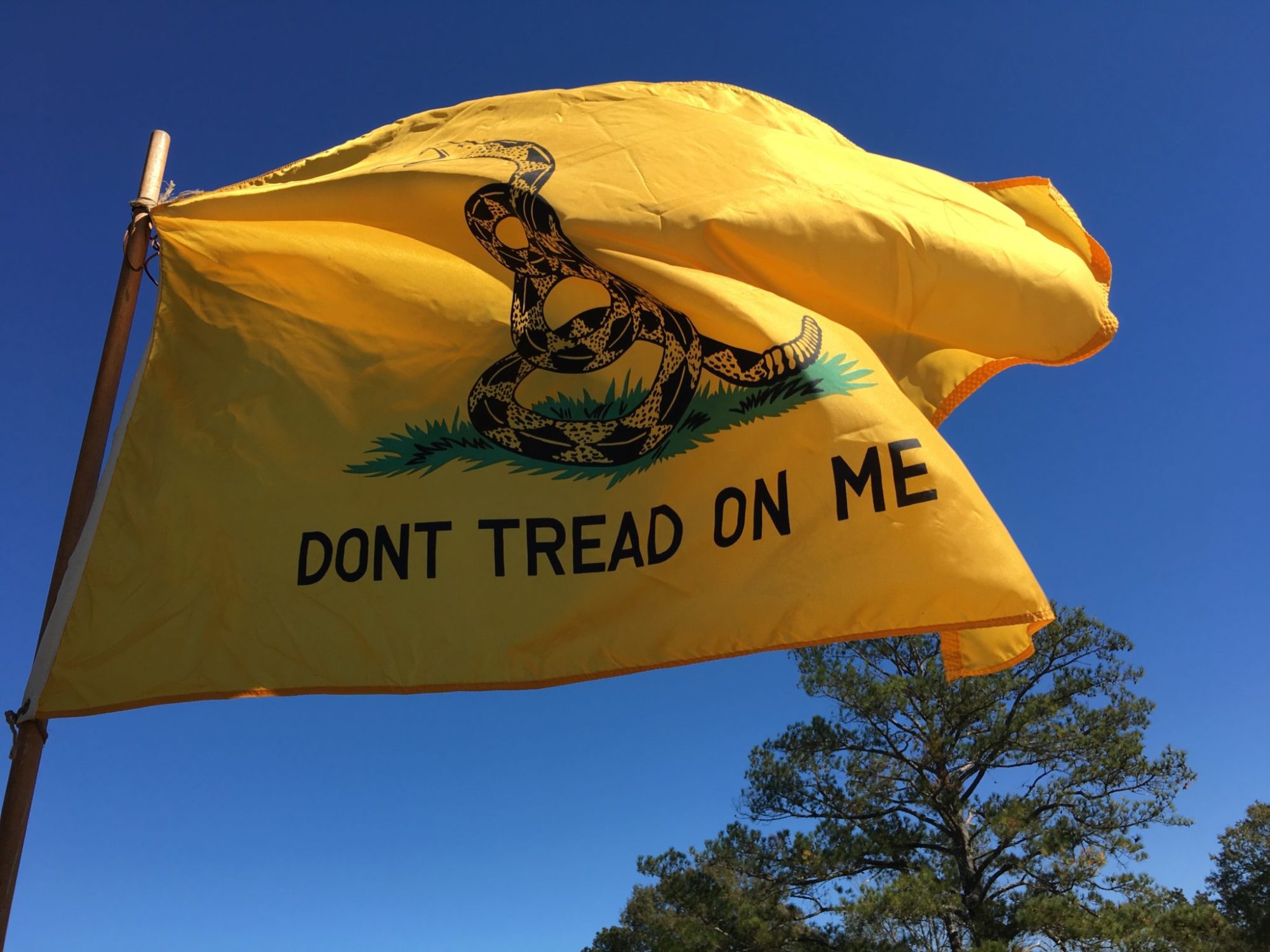Thomas Ravenel: On Libertarianism
GOVERNMENT MUST BE BASED ON “DELEGATED, ENUMERATED AND THUS LIMITED POWERS” LibertarianiYou must Subscribe or log in to read the rest of this content.
GOVERNMENT MUST BE BASED ON “DELEGATED, ENUMERATED AND THUS LIMITED POWERS”
Libertariani
